Iraq vote count under way with Maliki 'certain' of victory
Soon after the polls opened Wednesday 14 more people, including two election commission employees, were killed.
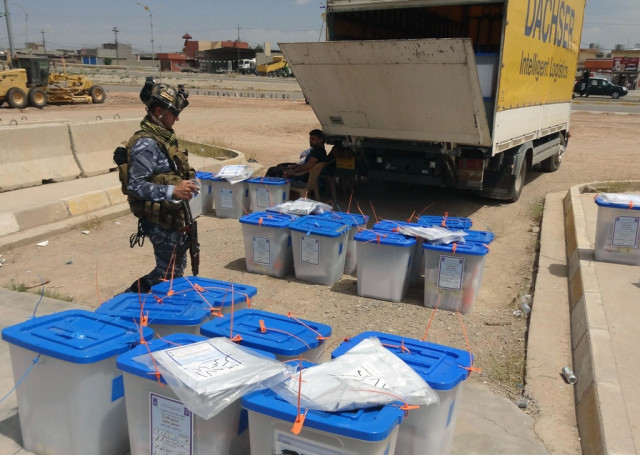
A member of the Iraqi security forces stands near ballot boxes as officials prepare to count votes at a polling station. PHOTO: AFP
Wednesday's general election, the first since US troops withdrew from Iraq in late 2011, took place as further violence rocked the country, with 14 people killed shortly after polling started.
Both Washington and the United Nations hailed the vote as a rebuke to militants who sought to derail the political process in a country suffering its worst bloodshed in years.
Preliminary results are not expected for at least two weeks. Initial figures by the election commission said that about 60% of Iraq's 20 million eligible voters cast ballots.
Iraqis complain of myriad grievances, from poor public services to rampant corruption and high unemployment, but the month-long campaign centred on Maliki's bid for a third term and the country's dramatically deteriorating security.
The premier called for a high turnout and voiced confidence he would stay in office after voting early at a VIP polling centre in the Rasheed Hotel in Baghdad's heavily fortified Green Zone.
"Our victory is certain, but we are waiting to see the size of our victory," he said.
US Secretary of State John Kerry said Iraqis had "courageously voted", sending "a powerful rebuke to the violent extremists" both in Iraq and the region.
The UN Security Council urged Iraq's leaders to form a government as soon as possible "that represents the will and sovereignty of the Iraqi people".
The Security Council , in a statement, stressed that "no act of violence or terrorism can reverse a path towards peace, democracy and reconstruction in Iraq, underpinned by the rule of law and respect for human rights, which is supported by the people and the government of Iraq and the international community".
Analysts had expressed fears that much of the electorate would stay home rather than risk being targeted by militants, who killed nearly 90 people during the two previous days.
Soon after the polls opened Wednesday 14 more people, including two election commission employees, were killed in a wave of attacks that also wounded dozens.
Many Iraqis said they had cast their vote despite the unrest because they were fed up with their elected officials.
"I came to vote for change for my children and my grandchildren, to change the future and the situation of the country for the better," said Abu Ashraf, 67, a retired accountant who declined to give his full name.
"It is necessary to change most of the politicians because they have done nothing, and they spend years on private conflicts," he said.
Others said they had confidence in Maliki and his Shia-led government.
"If we are not coming to vote, who is going to come (to power)?" asked Umm Jabbar, who had queued since 6am outside a polling station in the Shia shrine city of Najaf.
"Will the enemy come? I am voting for Maliki, because he is a thorn in the eyes of the enemy."
More than 750 people were killed in April, with violence at its peak since a brutal sectarian conflict killed tens of thousands in 2006 and 2007.
Militants have controlled the town of Fallujah since the beginning of the year, preventing polling in parts of mainly Sunni Arab Anbar province, west of Baghdad.
Maliki's critics have accused him of concentrating power and marginalising the Sunni minority, and say public services have not sufficiently improved during his eight-year rule.
The 63-year-old contends the violence is fuelled by the conflict in neighbouring Syria and has accused Sunni Saudi Arabia and Qatar of backing insurgents.
Maliki's State of Law alliance is tipped to win the most seats in parliament but fall short of a majority. This means he will have to court other Shia parties, as well as Sunni and Kurdish blocs, if he is to remain in power.

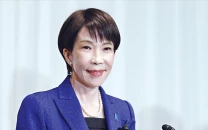
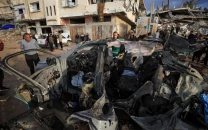
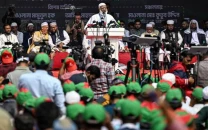

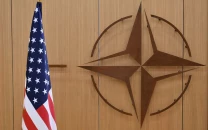
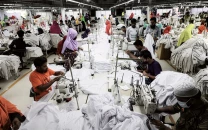












COMMENTS
Comments are moderated and generally will be posted if they are on-topic and not abusive.
For more information, please see our Comments FAQ